
England, My England
Timeline
![]()

England, My England
Timeline
![]()
1644 Queen Henrietta Maria flees England to reside in exile in France, as the war continues, battles lost and won on both sides.
1645 Oliver Cromwell leads the New Model
Army to success over the Royalists.
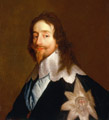
1646 Charles I surrenders to the Roundheads
at Oxford and is presented with the Newcastle Propositions, a list of demands
for religious reform and surrender of control of the armed forces.
Debate and negotiations continue.
1647 Charles I is imprisoned at Carisbrooke Castle. He agrees to some religious reform demands.
1648 More concessions are rejected by Parliament, and a vote is made to put Charles I on trial.
1649 January sees the trial and beheading of the king. The Prince of Wales, in exile in The Hague, assumes the title Charles II. In Edinburgh, he is proclaimed King of Scotland, in his absence. England is declared a Commonwealth. Cromwell leads an invasion of Ireland.
1651 Charles is crowned in Scotland, but flees to France following defeat by Cromwell at Worcester.
1653 Cromwell is mde Lord Protector.
1657 Cromwell's power increases, but he refuses to take the title of King.
1658 Oliver Cromwell dissolves Parliament. Later that year he dies and is succeeded by his son, Richard.
1659 Increasing unrest with rule by the Protectorate results in Richard Cromwell's resignation. Birth of Henry Purcell.
1660 Parliament invites Charles II to return to England. The Long Parliament dissolves itself, ready for the restoration of monarchical rule, ending the Interregnum. The first actresses appear on the English stage. Samuel Pepys begins his diary (ends in 1669).
1661 Coronation of Charles II. Sir William Davenant opens Lincoln's Inn Theatre, London - the first stage with proscenium arch. Matthew Locke (1603-77) made Court Composer.
1662 The future Mary II is born, daughter of James, Duke of York. Charles marries Catherine of Braganza, Portuguese princess.
1663 The Theatre Royal, Drury Lane, opens.
1664 British annexe parts of North America,
taking control of Dutch territory, renaming New Amsterdam, New York, after
James, Duke of York, 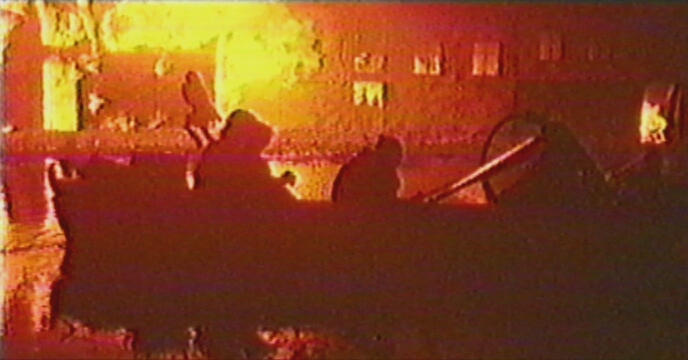 the
King's brother.
the
King's brother.
1665 The Great Plague of London - between July and October, 68,596 people die.
1666 The Fire of London rages 2-9 February.
1667 A secret treaty is made between Louis XIV and Charles II, against Spain, without Parliament's knowledge. Rumours about the secret alliance with the French King, fuel popular belief that Charles may be a secret Catholic, creating more religious unrest.
1670 John Dryden is made historiographer royal and poet laureate.
1672 Declaration of Indulgence (withdrawn 1673). First public concert given at Whitefriars, London, by violinist John Banister (1630-1679).
1673 The Test Act excludes Roman Catholics from taking office in England, part of the many official moves to protect Protestant England from takeover by Catholic countries, and Catholic influences.
1674 Theatre Royal, Drury Lane rebuilt and reopened following the Fire of London.
1675 Charles borrows money from Louis XIV, enabling him to prorogue Parliament for 15 months. With private finances, Charles could do without Parliament, normally needed to vote for new taxes and funds. Sir Christopher Wren begins rebuilding St Paul's Cathedral - completed 1710.
1677 Princess Mary marries William of Orange.
1678 Roman Catholics are excluded from
both Houses of Parliament, and the importation of all French goods into
England is prohibted (until 1685).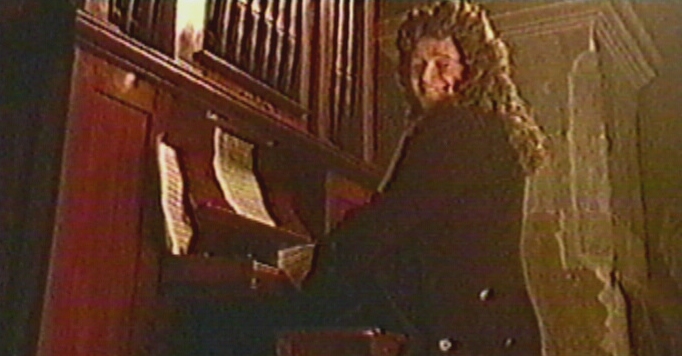
1680 Purcell made organist of Westminster Abbey.
1682 The Rye House Plot is discovered. Plans to assassinate Charles II, are part of a Catholic plot to replace the King with his Catholic brother, James. Purcell made court composer.
1685 Charles II dies. With no
legitimate offspring, he is succeeded by James II. The Earl of 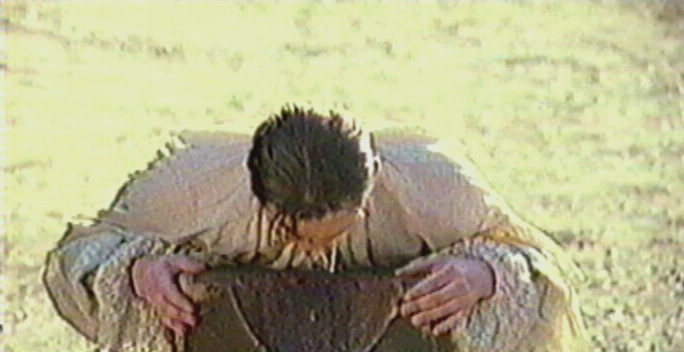 Shaftesbury
heads a plot to replace James with Charles's eldest illegitimate son, the
Duke of Monmouth. The Monmouth Rebellion ends in defeat at the Battle
of Sedgemoor. The 'Bloody Assizes', headed by Judge Jeffreys, takes
action against Monmouth's followers.
Shaftesbury
heads a plot to replace James with Charles's eldest illegitimate son, the
Duke of Monmouth. The Monmouth Rebellion ends in defeat at the Battle
of Sedgemoor. The 'Bloody Assizes', headed by Judge Jeffreys, takes
action against Monmouth's followers.
1686 Roman Catholics are readmitted to the English army.
1687 Declaration of Indulgence - an act passed for liberty of conscience. James receives the Papal nuncio. Nell Gwynne dies.
1688 The Glorious Revolution - seven
English lords invite William of Orange to England, to replace James II.
William arrives in Torbay and enters London in December. After a
minimum of defence, James flees to France, dying in exile at Versailles,
two years later. The revolution was dubbed 'glorious' because there
was no actual fighting. After years of uncertainty over the succession,
and fears of increasing Catholic influence in state matters, William and
Mary were broadly welcomed.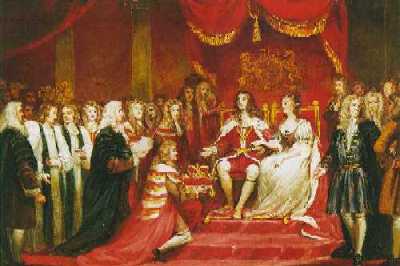
1689 The abdication of James II is confirmed in Parliament. Before William and Mary are crowned, they sign the Declaration of Rights, giving Parliament more power than previously held under a monarchy. Louis XIV declares war on Britain. Purcell writes Dido and Aeneas.
1690 The Act of Grace is passed. War in Ireland, led on the English/Protestant side by William III, with James II leading the Catholic contingent, including help from the French. Failure and success on both sides, but the Battle of the Boyne is still commemorated by Orangemen to this day. Purcell's The Prophetess, or The History of Diocletian is performed at the Dorset Gardens Theatre.
1691 The Treaty of Limerick brings the Irish rebellion to an end. Purcell writes King Arthur, or The British Worthy, with a libretto by Dryden.
1692 A French invasion of England is aborted when the English navy destroy the French at La Hague. Purcell writes The Fairy Queen.
1694 Mary II dies. Purcell writes the incidental music for Dryden's Love Triumphant and Te Deum for St Cecilia's Day.
1695 William on military campaigns in Holland, against France. Press censorship by the government is ended in England. Purcell writes The Indian Queen. He dies in November.
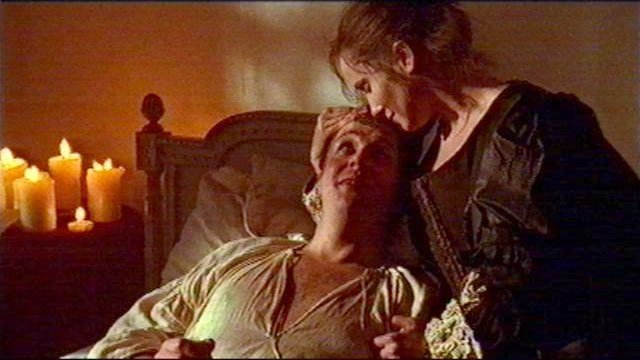
Back to the top of the page
Back to: History
![]()
Home /The
Film / Sets and locations/Biographies/
The
Music /
Quotes/
History / Sources,
Links and Credits / Guestbook
/Site
Plan
![]()
Copyright belongs to Deborah Norris, 2001